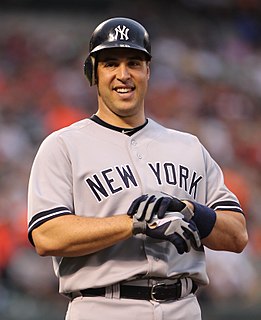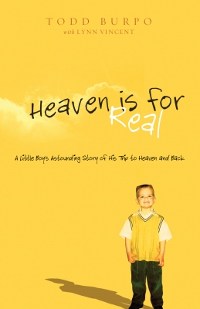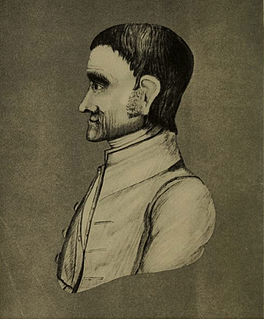A Quote by Susanna Clarke
Alan Moore is a peculiarly unsung triumph of British culture, and Northampton, where he was born in 1953, the son of brewery worker Ernest and printer Sylvia, is where you must go to find him.
Related Quotes
Chris Claremont once said of Alan Moore, "if he could plot, we'd all have to get together and kill him." Which utterly misses the most compelling part of Alan's writing, the way he develops and expresses ideas and character. Plot does not define story. Plot is the framework within which ideas are explored and personalities and relationships are unfolded.
And Christ was born into the world as the literal Son of this Holy Being; he was born in the same personal, real, and literal sense that any mortal son is born to a mortal father. There is nothing figurative about his paternity; he was begotten, conceived and born in the normal and natural course of events, for he is the Son of God, and that designation means what it says.
So-called reality TV, which dominates British channels, is destroying what made it cherishable to me and lots of others in the first place. I loved Alan Clarke, Ken Loach and Alan Bleasdale's work. In fact the first TV dramas I ever saw were 'Screen Twos' produced by David Thompson, who also produced a lot of Alan Clarke.
Today, in 2011, if you go and buy a color laser printer from any major laser printer manufacturer and print a page, that page will end up having slight yellow dots printed on every single page in a pattern which makes the page unique to you and to your printer. This is happening to us today. And nobody seems to be making a fuss about it.
There is no employing class, no working class, no farming class. You may pigeonhole a man or woman as a farmer or a worker or a professional man or an employer or even a banker. But the son of the farmer will be a doctor or a worker or even a banker, and his daughter a teacher. The son of a worker will be an employer - or maybe president.
The British have their own conception of what constitutes the typical American. He must have a flavor of the Wild West about him. He must do spectacular things. He must not be punctilious about dignity, decorum and other refinements characteristic of the real British gentleman. The Yankee pictured by the Briton must be a bustler. If he is occasionally flagrantly indiscreet in speech and action, then he is so much more surely stamped the genuine article. The most typical American the British ever set their eyes on was, in their judgment, Theodore Roosevelt.



































